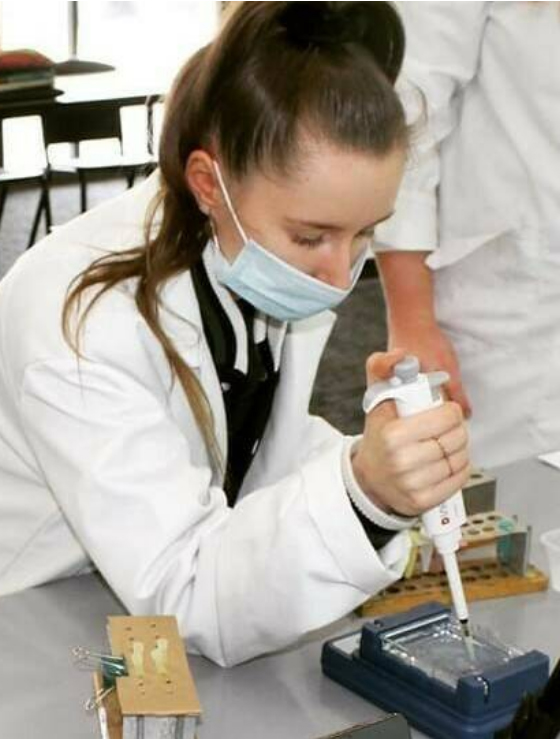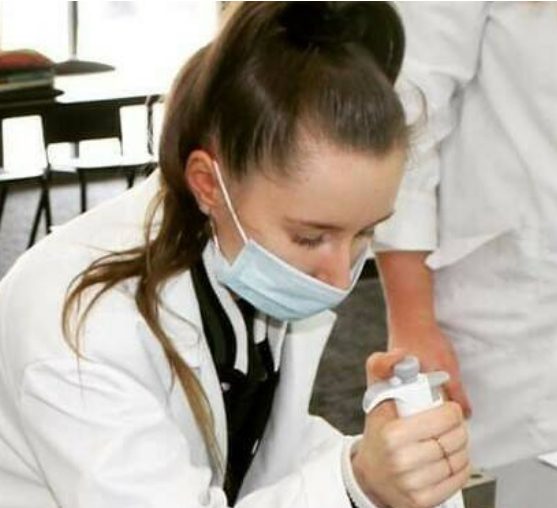
SCIENTISTS play a crucial role at ExxonMobil Australia which is celebrating National Science Week.
The company is keen to inspire future generations to think about maths and science as a career pathway.
Since 2009, ExxonMobil Australia, through its subsidiaries Mobil and Esso, has inspired a new generation of engineers and scientists through its Bright Future grants program.
Western Port Secondary College principal Chris Quinn said the school had used Bright Future grants to buy technology and equipment for senior biology lessons in which students learned how to analyse DNA.
“Earlier this term our Year 12 biology students conducted Gel electrophoresis process to analyse DNA,” he said. “This technique is used in the real world to solve crimes in forensic science and even in the current race for a COVID-19 vaccine.
“Students also filmed the process so that Year 9 forensic science students, who are participating in remote learning due to COVID-19, could share the experience.
“All of this was made possible thanks to Bright Future grants … which enabled our students to have access to this high tech biological equipment along with webcams to support remote learning.”
Esso Australia’s Long Island Point plant, which processes gas liquids and crude oil from Bass Strait for plants and refineries in Australia and overseas, is nearby to Western Port Secondary College.
Plant manager David McCord said scientists and engineers were “critical for addressing the challenges of 21st century life”.
“That is why we invest in education programs that focus on inspiring kids to pursue careers in science, technology, engineering and mathematics,” he said.
“From medicine to energy development to computing and engineering, we are supporting the development of a passionate and highly skilled workforce that will help solve problems and create new opportunities into the future.”
The Bright Futures grants support a broad range of maths and science resources and projects: from buying iPads, smartboard software and robotics kits, to funding outdoor programs to teach students about sustainability, such as a seagrass study at Jawbone Marine Sanctuary, and a tree-planting project.



